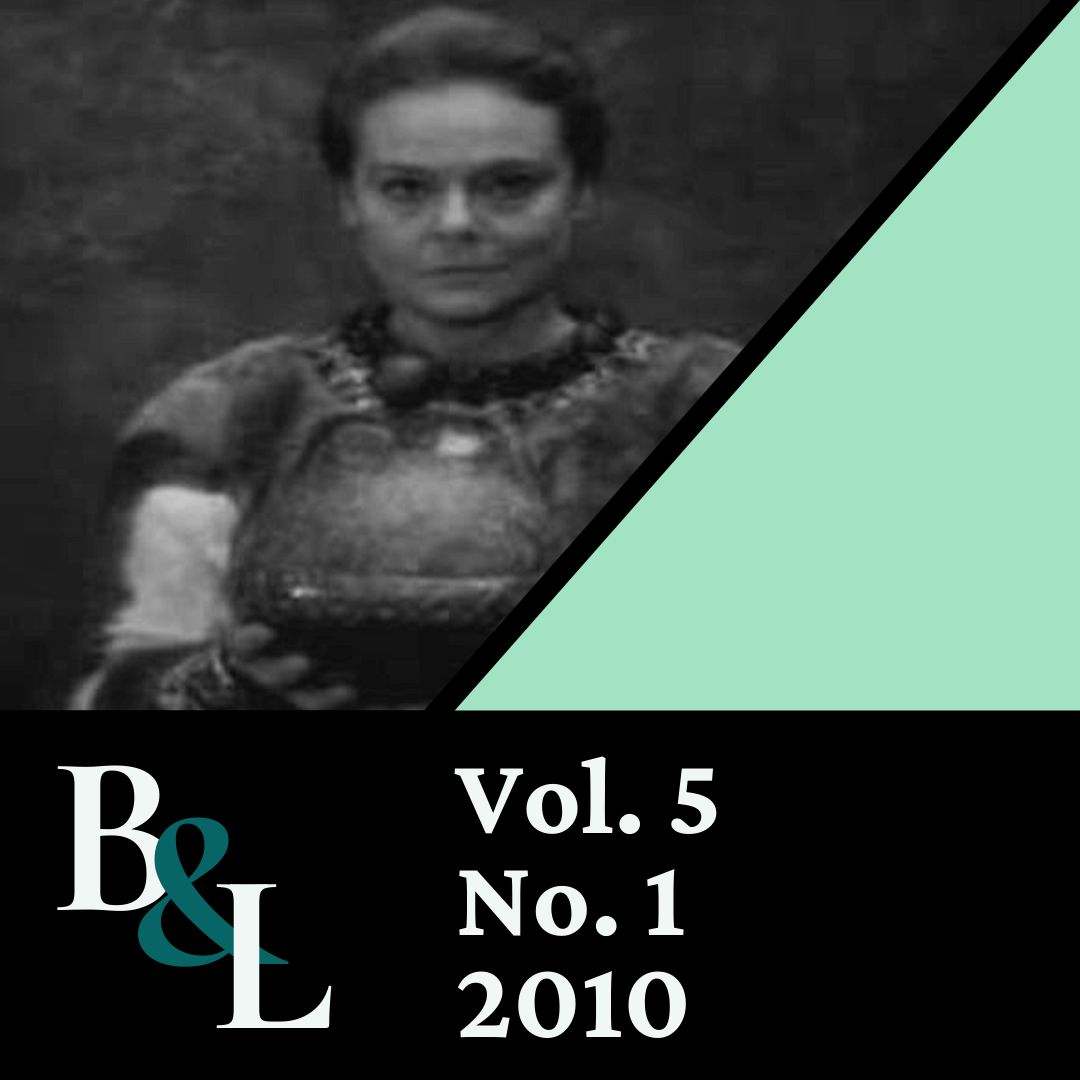"A Mistaken Understanding"
Dunsinane and New Writing at the RSC
Abstract
This review uses David Greig's sequel to Macbeth as a case study to consider the place of new writing at the Royal Shakespeare Company. It examines Dunsinane within a context of previous new writing productions and in the light of the RSC's new writing manifesto. The cultural values surrounding new writing at the RSC come from a variety of sources, including directors, playwrights, and RSC management. These values include the desire for relevance, a need for political and social commentary, and a nostalgia surrounding the RSC's traditional role as a new writing company. Always, Shakespeare remains at the heart of the new writing project. Plays like Dunsinane are intended to illuminate Shakespeare's works and stand as a testament to his universality. This review argues that these demands do not fully encourage artistic and aesthetic independence. However, Greig's play manages to achieve such autonomy by challenging conceptions of Shakespeare and Macbeth. Dunsinane consitutes an important part of the RSC's 2010 repertory because of this challenge. Its illumination of Shakespeare is also a statement of its independence from him.


